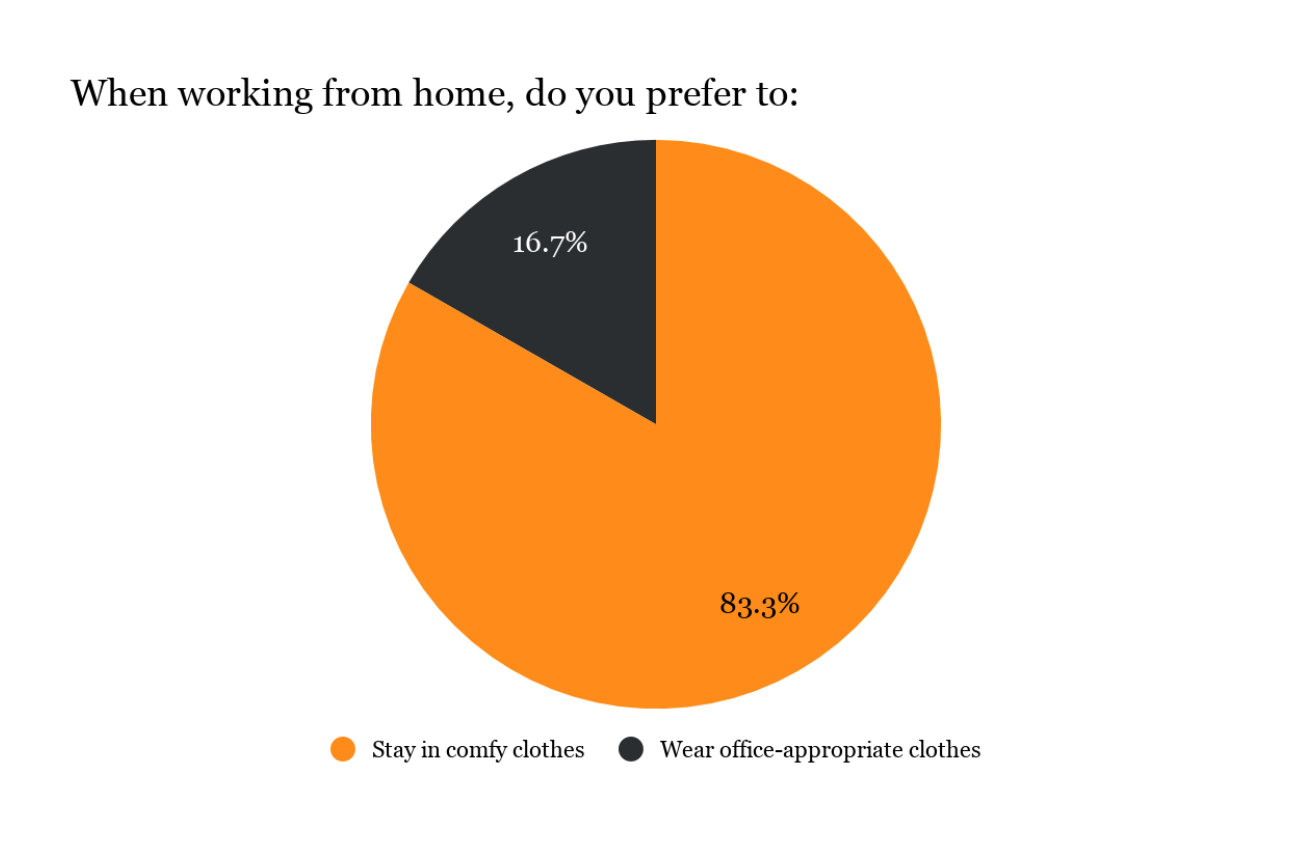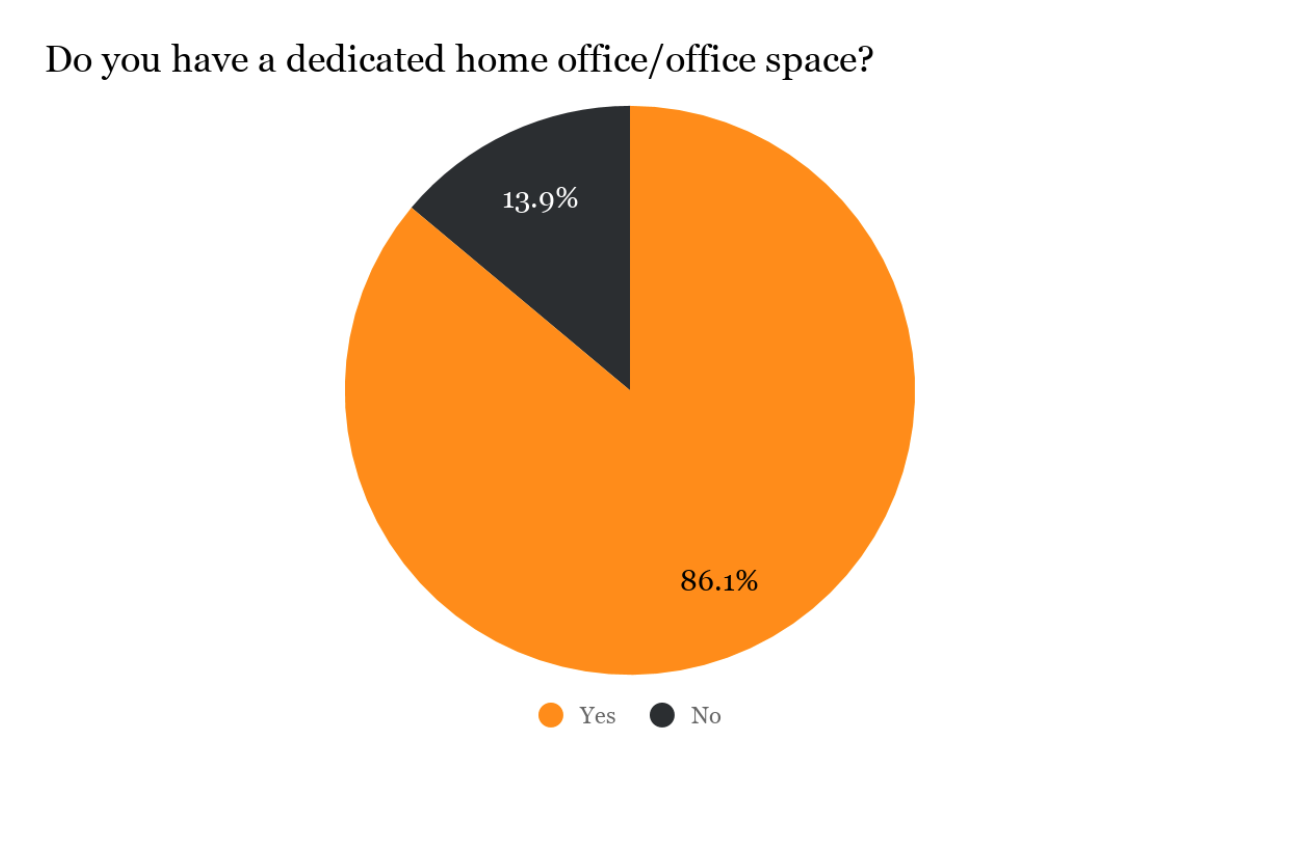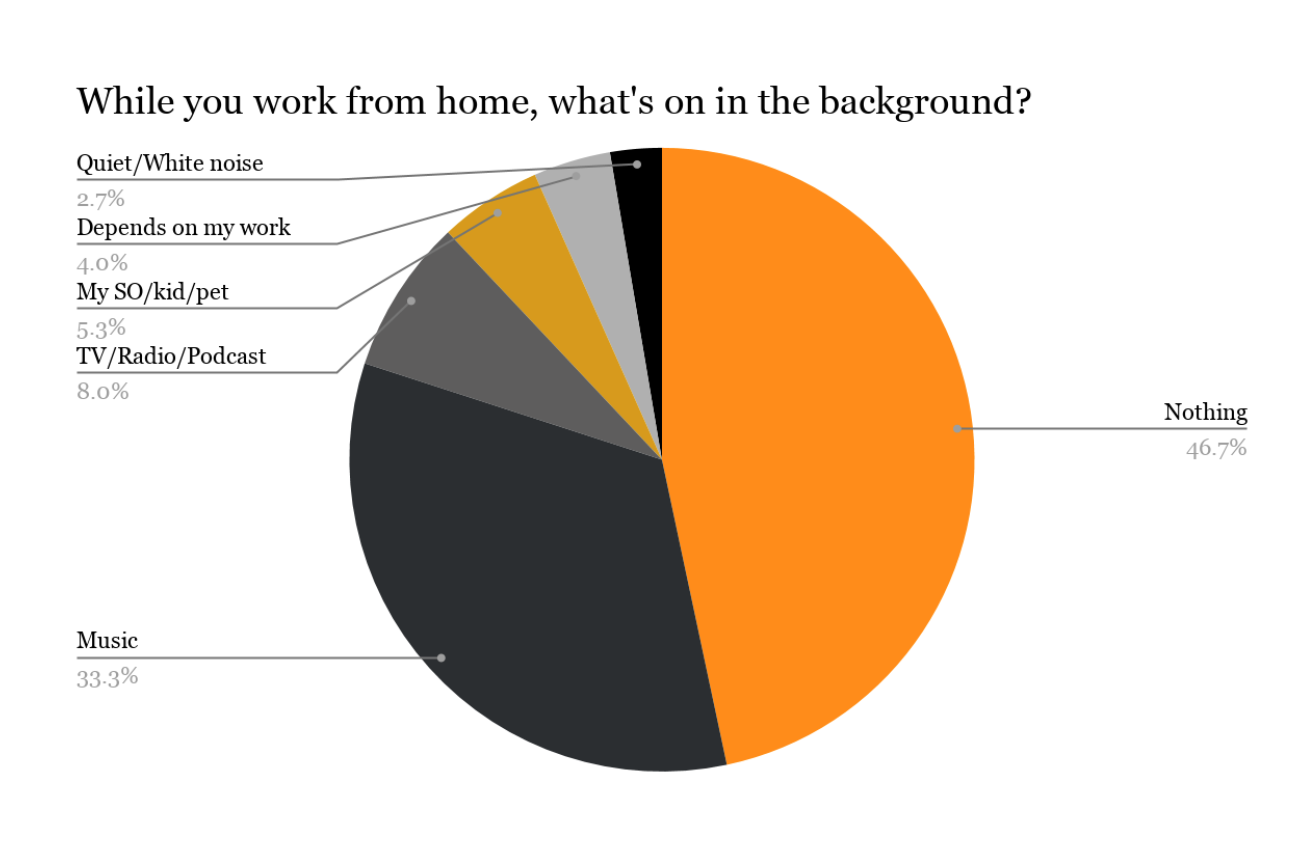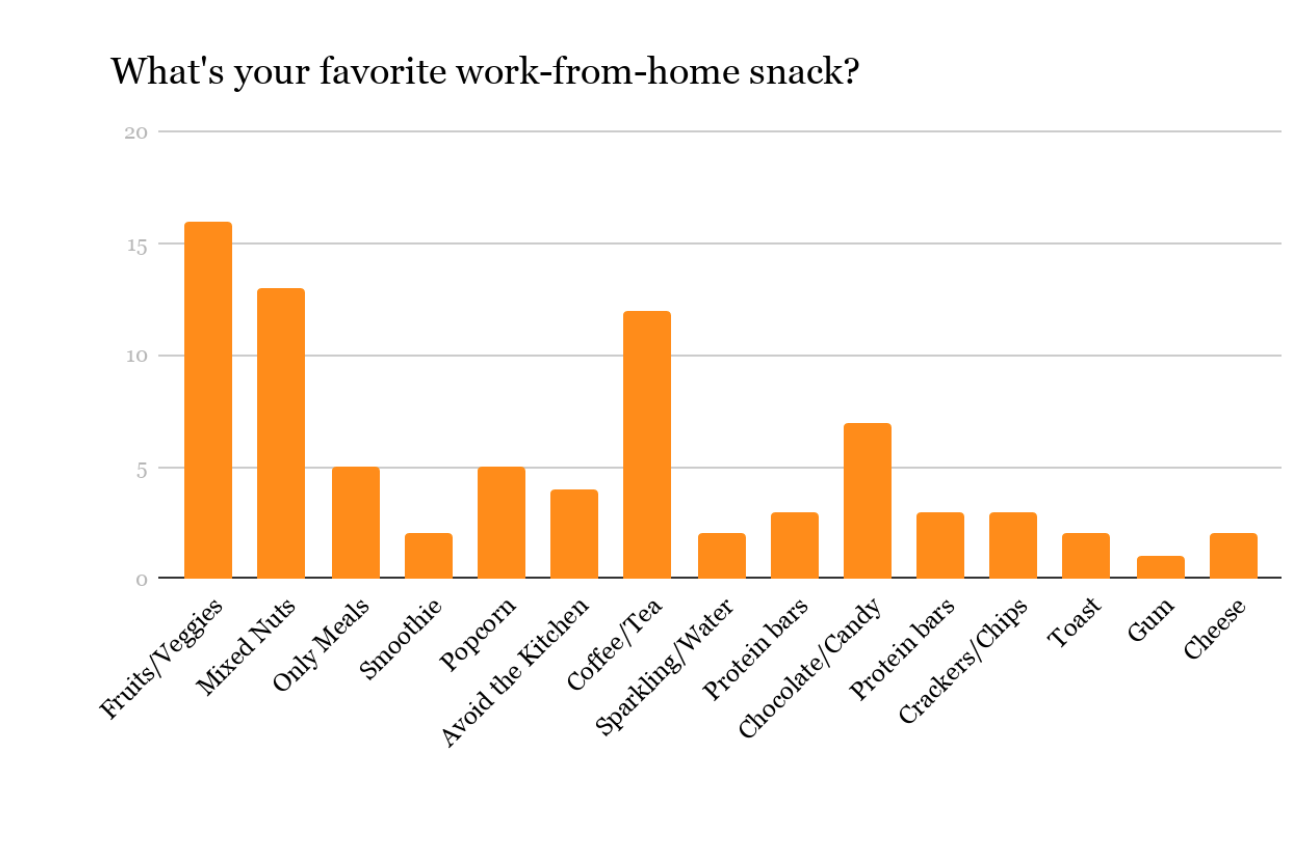Working from home doesn’t have to be less productive than being in the office—think of all the missed work when you overhear your coworkers talking or getting pulled into a meeting you didn’t really need to attend (wait, that’s still happening for some of you, but at least you can be on mute!). As we head into another week of working from home, we thought we’d put together a few tips and tricks from the people who have a lot of expertise in doing so: writers! We reached out to our network of writers and editors, some of whom have been working from home for years to ask them to provide us with their best tips on how to maximize (or even just survive!) working from home.
Stick to a regular working schedule
It’s easier to maintain a habit than create a new one, so try sticking to a similar work schedule as you would in the office. “Get up in the morning, have your breakfast, get dressed and get to work. Then wrap up at your usual time in the evening,” says Mei Mei Fox.
While we’ve heard a lot of folks feeling worried they won’t be able to get as much done, we heard from many writers that the opposite might be true. “Don’t worry about whether you’re going to be productive or not – you will be! Your biggest problem might be having boundaries around stopping working, not starting,” says Louise Jack.
Set up a to-do list
A schedule is important, but laying out what you want to get done can be vital. Take it from writer James Buchanan who says, “There is nothing harder than settling in around 9 am and then trying to decide where the priority is and where to start. Having your work ready to go means you can dig right in.” This can also help with kids—Danielle Perlin-Good mentions how she “tends to work during my toddler’s nap times on the days I’m with him.”
Another helpful tip is to keep your to-do list close by. As Aubre Andrus says “you’ll be able to quickly jot down all the things that pop into your head and could distract you: laundry, dishes, dinner prep, sending a birthday message on Facebook, etc. Once you’ve written them down, focus back on your work!” At the end of your day, take 30 minutes to an hour to address those distractions or set up time for you the following day to handle them.
Time block your day
A strategy many writers chimed in with is to time block your day. “Group together phone calls, conference calls, and other interactions. Reserve chunks of time for uninterrupted work. Take small breaks in-between” says Michelle Rafter. If you really want to go wild, take Michal Lemberger’s advice “set timers, so that you have discrete spans of time to work, and the day won’t feel like an endless, undifferentiated stretch.”
This also means scheduling your breaks! As Katie Navarro says, “It’s easy to get so focused that you forget to get up and move. I work for 3-4 hours, then take the take for a walk and workout and then work about 4-5 hours when I get back.” Many writers also suggested a walk with or without the dog as the best way to recharge. Lisa Schiffren‘s best advice is to “have a dog and walk the dog.”
Set up a makeshift workspace
Try not to work in bed or on a sofa because “when the lines start to blur between relaxing and working, it can be really hard to stay productive” says Madison Stingray. Taylor Kiland also adds that having a dedicated work space helps you from getting “too distracted (with dishes, laundry, the yard, visitors, TV, etc.).” Chris Ryan suggests that investing in the best chair you can afford, is more important than the actual space, “don’t be too strict about where you work. Move around as needed.”
Nancy Peske suggests you “bring nature into your office space: Natural sunlight and scenes, essential oils, nature sound recordings if you can’t hear birds outside your window.” If you can’t go full out, Evan Schwartz suggests placing “your desk near the biggest window or sliding door you have for plenty of natural light.”
Remove any temptations that might cause procrastination
A lot of (a lot!) writers said something along the lines of “working time needs to be working time. Turn off the notifications on your phone. Don’t respond to emails or surf social media,” says Sandra McGinty. For Tim Vandehey, that means “locking [him]self in [his] office, putting on headphones and turning up the jazz. That puts me in a work zone that lasts several hours.”
Others go as far as turning off the wifi entirely, to make sure that they can’t access the internet, primarily social media and email, at all. As Blair Tindall says, “Unless you need it for research, turn off the Internet.”
We also polled our writers on the following:




Working from home can be daunting and may start out rocky, but that’s ok! Try to remember that the more you do it the easier it’ll get and even if the lockdown ends soon, the habits you pick up while working from home will be useful when you return to the office some day. And one upside to think about now that so many more people are WFH is that all these folks will “suddenly realize how much discipline it takes… and they might stop asking you to walk their dogs or take their potted plants out” as Laine Cunningham hopes.
